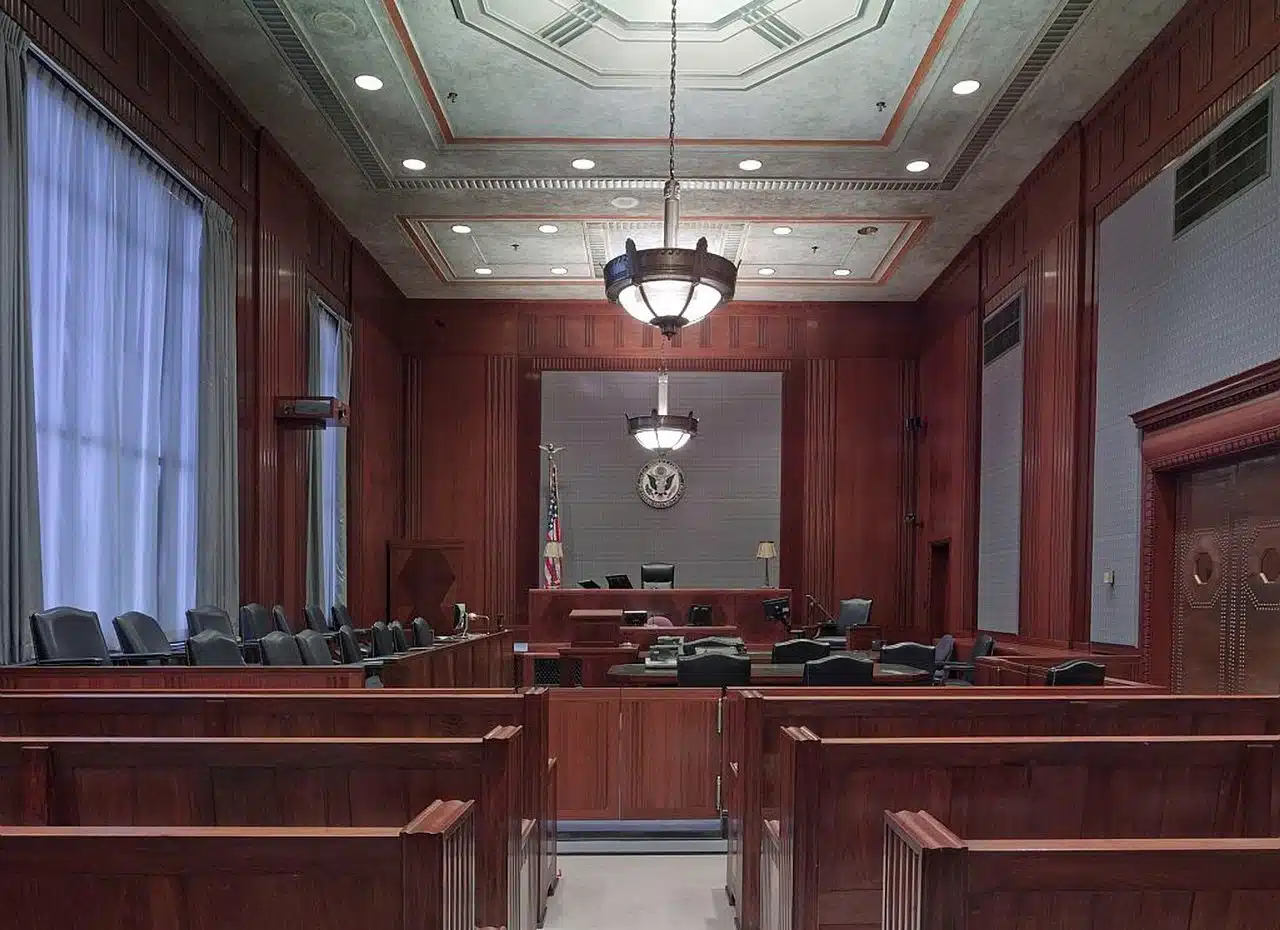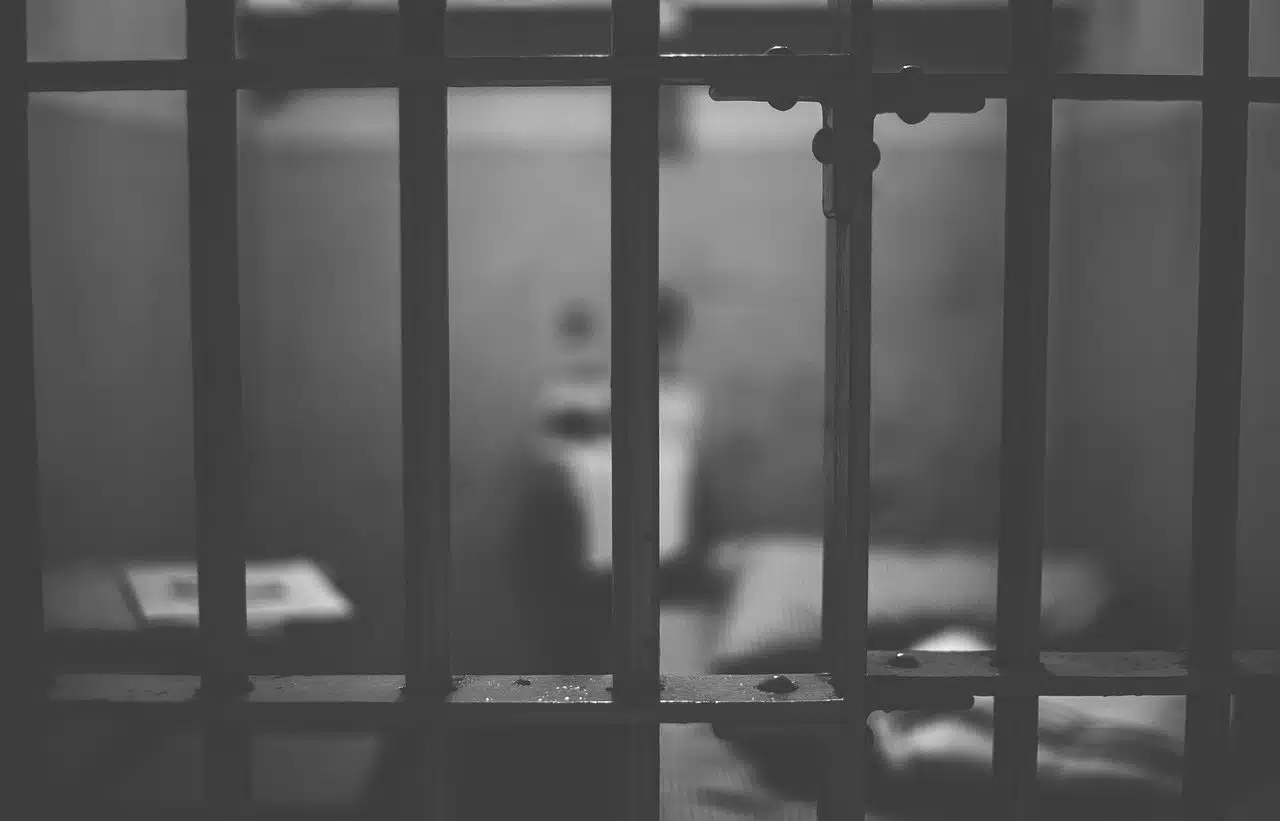
Preventive detention is a judicial order that deprives an individual under investigation of his or her liberty until the time of trial arrives.
Preventive detention is a judicial provision consisting of the incarceration of a person who is subject to a criminal investigation until the time of their trial . In this way, preventive detention deprives the accused of his freedom for a certain period, even if he has not yet been convicted.
The place where a person convicted of committing a crime is locked up is known as a prison . Prison, in this way, represents a type of punishment that consists of the deprivation of an individual's freedom in accordance with what is established by law .
Preventive , on the other hand, is that which serves to prevent something (that is, to prevent or prevent a certain thing from happening).
Purpose of preventive detention
The purpose of preventive detention is to guarantee that the accused does not alter the normal development of the criminal procedure . By imprisoning him preventively, for example, the suspect is prevented from escaping before trial.
It is important to keep in mind, however, that preventive detention is a judicial remedy that is used as a last resort . It is generally preferred to appeal to other precautionary measures , such as the imposition of bail or even the determination of house arrest .
Preventive detention can only be ordered when the person may intimidate or attack the other party to the trial, destroy evidence or escape. In order for preventive detention to be ordered, on the other hand, there must be important evidence about the suspect's guilt.

Preventive detention aims to guarantee the normal development of a criminal procedure.
Contrary opinions
It is worth mentioning that certain organizations are against the application of preventive detention, since it opposes the legal state of innocence (also known as the principle or presumption of innocence ), which is based on the idea that every accused is innocent until The contrary is proven through a trial or process and only then will it be possible to sanction or penalize it. Preventive detention is a measure that punishes the accused before his guilt is proven and, therefore, if he is found innocent, no one will be able to compensate him for his experience behind bars, for having tarnished his image and for the damages that this has caused to his personal and professional life.
Unfortunately, not all countries rely on this measure as a last resort, but rather abuse it, use it to simplify the work and avoid potential complications: it is easier for justice to lock up all the accused until the verdict is known. offer each person the treatment they deserve according to their particular case.
There are numerous reports of the terrible conditions to which preventive prisoners are subjected in some countries, due to abusing this measure; When the number of people confined is greater than the facilities and the system are prepared to admit, the problems inherent to overcrowding begin, such as lack of hygiene and diseases , in addition to violence , and the consequence in many cases It is death. As if this were not enough, diseases contracted during the period of incarceration can be spread to the general public.
Preventive detention is a similar concept, although it has clear differences. Firstly, detention has a much shorter maximum duration, although this varies depending on the country. On the other hand, as explained above, preventive detention is aimed at people who are in the middle of the judicial process, while detention usually occurs spontaneously in public or at the request of a judge , for example. If the maximum number of hours of detention has been reached and no evidence of guilt has been found, the detainee has the right to be released.
